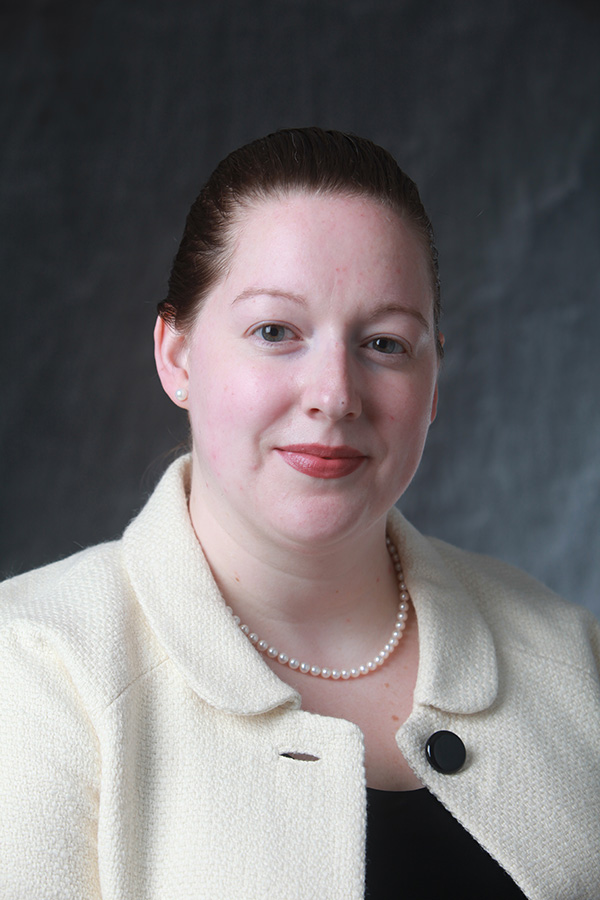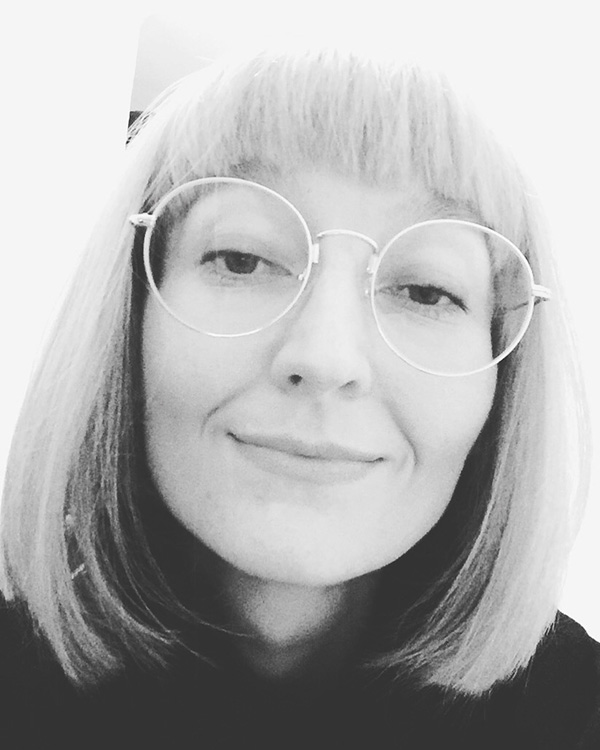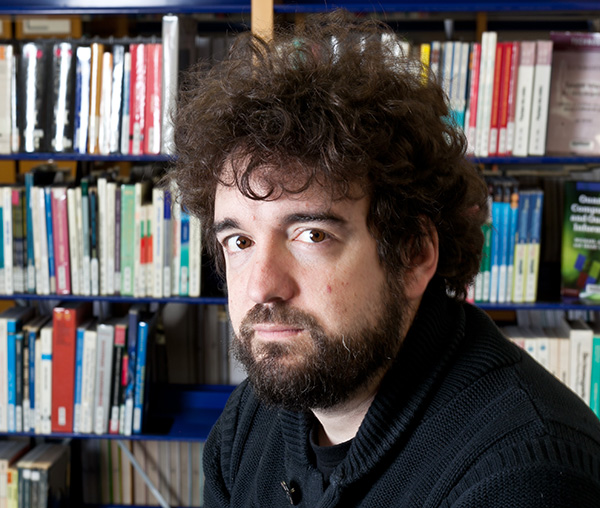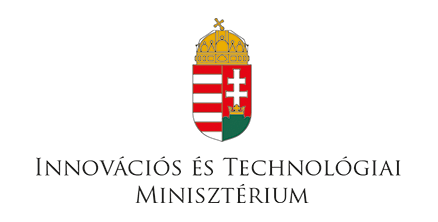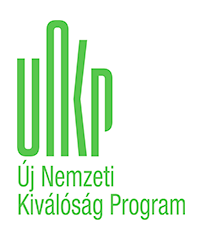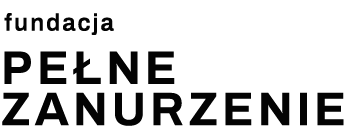II. Zip-Scene Conference on Analogue and Digital Immersive Spaces
#kaleidoscopicview
Proposed dates:
10-12 November, 2019
Venue:
Moholy-Nagy University of Art and Design, Budapest, Hungary
Topic:
Interactive Narratives – the Future of Storytelling and Immersion in mixed reality mediums and performing arts
New digital tools provide novel opportunities for interactive digital narratives (IDN) in mixed reality environments, performance art and analogue immersive spaces. But does this mean that we can tell existing stories in a better way in these environments? Or should we change our way of thinking about how we perceive our world in order to create more comprehensive narrative experiences? In a recent keynote (ICIDS 2018 conference) Janet H. Murray – author of the groundbreaking volume Hamlet on Holodeck – the Future of Narrative in Cyberspace (1997/2016), reminds us that “a kaleidoscopic habit of thinking” can help us “envision a more integrated transformational future” and “open up the possibility of expanding our understanding of the world and our cognitive capacity” (Murray, 2018:17). To better grasp the complexity of the world, it is important to enhance emerging artistic practices in order to create opportunities for critical reflection while acknowledging the changed relationship between creators and audiences turned participants/prosumers/experiencers.
This conference aims to investigate whether XR/extended reality (VR/AR/MR) works will acquire a status comparable to film, performing arts and video games in the near future. On this basis, we are looking forward to papers that address narrative experiences enabled by XR and especially VR technologies. Papers should address either one or several of the following questions:
- What kind of narratives can be used to create possibility spaces in such immersive productions?
- How much engagement with and control over the narrative path is desirable for the audience turned participants?
- What design strategies can guide these participatory experiences: for example, live performers, orchestrators, and set designers using the sensorium of New Horror (see Ndalianis, 2012) or somaesthetic design concepts (see Höök, 2018) to create novel forms of immersion in these environments?
- What kind of design strategies can we use to provide a satisfying level of agency to participant audiences and provide opportunities for co-creation?
- What is the current status of interactive digital narrative experiences, have they completed their evolution from being media of attraction (see Rouse, 2016) or there is still a long way for them to go in order to find the right direction?
- What can we learn from a comparison of site-specific live arts productions with those of VR projects?
- How can we explore free-form play and rule-based gaming as different types of performances within mixed-reality theatre and immersive theatre?
In addition, we want to challenge established storytelling strategies and instead more thoroughly analyze ways of creating engaging experiences:
- What kind of principles of video game design do XR productions make use of (e.g. puzzle dependency charts and plot-shaped level design - see Short, 2019)?
- What design strategies createed the experience of full immersivity and presence for their users-turned-participants (see 2018/4 issue of the journal of Performance Arts and Digital Media).
Further developing Murray’s perspective on the ‘kaleidoscopic habit’, we expect presentations that engage with the practice of transdisciplinary creators to adapt video game mechanics, various sensorium settings and interactive narrative design strategies in order to create fully immersive environments. Possible analyzes can be on topics such as overall aesthetics authorial affordances, design principles and conventions (Koenitz et al, 2018) as well as the audience’s experience (especially engagement and empowering mechanisms) and, last but not least, as interactive narratives. Some possible perspectives include Murray’s affordances and aesthetic qualities of the digital medium, Bogost’s procedural rhetoric, Kwastek’s “aesthetics of interactivity”, somaesthetic design concepts (Höök), guiding strategies based on New Horror’s sensorium (Ndalianis, 2012) the trajectories offered by them (based on Benford-Giannachi’s concept) and interactive narrative systems (Koenitz, 2015).
Conference themes:
- Interactive storytelling methods
- Interactive videos
- Video games
- Location-based technology (with augmented reality)
- Virtual reality experiences&movies
- Augmented reality in interactive storytelling
- Games-based performing arts practices using new technology tools
- Interactive Museum
- Immersive environments (media archeology and phenomenological approach)
- Transmedia storytelling
Proposals may be for a paper or a panel and should be related to at least one of the conference themes. Deadline for submitting the proposals is June 17 July 1, 2019. Please send us your abstract (max 350 words) and a short bio (max. 300 words) to the address: zipscene@mome.hu and please in CC: bakk@mome.hu. The papers will be reviewed by the conference committee. If your proposal will be accepted you will be given 20 minutes for your presentation.
Registration fee: EUR 50
The organizers cannot cover travel, accommodation and lodging costs. Upon request we can provide you invitation letter.
For Whom
The conference addresses scientific researchers, game professionals, programmers, artists, scholars and professionals from the field of performing arts, game studies, interactive storytellers, experience designers, narrative designers, VR-professionals and philosophers concerned with the conference topics. The conference aims to bring together emerging scholars, professionals and creators in order to create a joint platform which would later help individuals to understand and to develop these types of productions.
Regional relevance:
Besides the lack of financial sources especially in Central Eastern Europe, the artists who are willing to use new technology tools in a coherent manner can’t find partners from the region as there is no platform for them. The conference will bring together artists & researchers based in the region forum and we plan to form pilot projects amongst the participants and create new regional collaborations. We also want to create a regional lobby in cultural policy for this type of performance art. The Moholy-Nagy University of Art and Design Budapest can offer a lively context for a conference that gathers professionals from different fields and will further enrich the event’s program by presenting researchers from the university’s curriculum.
Organised by:
Moholy-Nagy University of Art and Design Budapest
zip-scene.com
Strategic partner:
- Sapientia Hungarian University of Transylvania, Department of Film, Photography and Media
- Code and Soda Company codeandsoda.com
- Random Error Studio randomerror.studio
- Verzio Human Rights Documentary Film Festival www.verzio.org
Supported by:
National Cultural Fund (NKA), International Visegrad Fund, Wacław Felczak Foundation
Consultant on behalf of ARDIN:
Hartmut Koenitz
References:
Benford S.& Giannachi, G. Performing Mixed Reality. 2011, MIT Press, Massachusetts
Bogost, I. (2007). Persuasive Games: The Expressive Power of Videogames. Cambridge, MA: The MIT Press.
Höök, K. (2018). Designing with the Body. Cambridge MA, MIT Press
Koenitz, H. (2015). Towards a Specific Theory of Interactive Digital Narrative. In H. Koenitz, G. Ferri, M. Haahr, D. Sezen, & T. I. Sezen (Eds.), Interactive Digital Narrative (pp. 91–105). New York: Routledge.
Koenitz, H., Roth, C., Dubbelman, T., & Knoller, N. (2018). Interactive Narrative Design beyond the Secret Art Status: A Method to Verify Design Conventions for Interactive Narrative. Materialities of Literature, 6(1), 107–119.
Kwastek, K. (2013) Aesthetic of Interaction in Digital Art, MIT Press, Cambridge-London
Murray, J. Research into Interactive Digital Narrative: A Kaleidoscopic View. In: Rouse R., Koenitz H., Haahr M. (eds) Interactive Storytelling. ICIDS 2017. Lecture Notes in Computer Science, vol. 11318. Springer, Cham, 2018. 17
Murray, J. (1998/2016 (new edition)). Hamlet on the Holodeck: The Future of Narrative in Cyberspace. Cambridge: The MIT Press.
Ndalianis, A. (2012). The Horror Sensorium. Media and the Senses. Jefferson, McFarland&Company
Rouse, R. (2016). Media of attraction: a media archeology approach to panoramas, kinematography, mixed reality and beyond. In: Nack, F., Gordon, A.S. (eds.) ICIDS 2016. LNCS, vol. 10045, Springer, Cham, 97–107.
Short, E. (2019) Mailbag: Self-Training in Narrative Design. https://emshort.blog/2019/01/08/mailbag-self-training-in-narrative-design/?fbclid=IwAR2PgubIPnP69Pw-1UyBkBqlyh1_D2SxfGmDtnIiuk1rDITSQEAnVmiE9Js. Accessed 19 April 2019.
